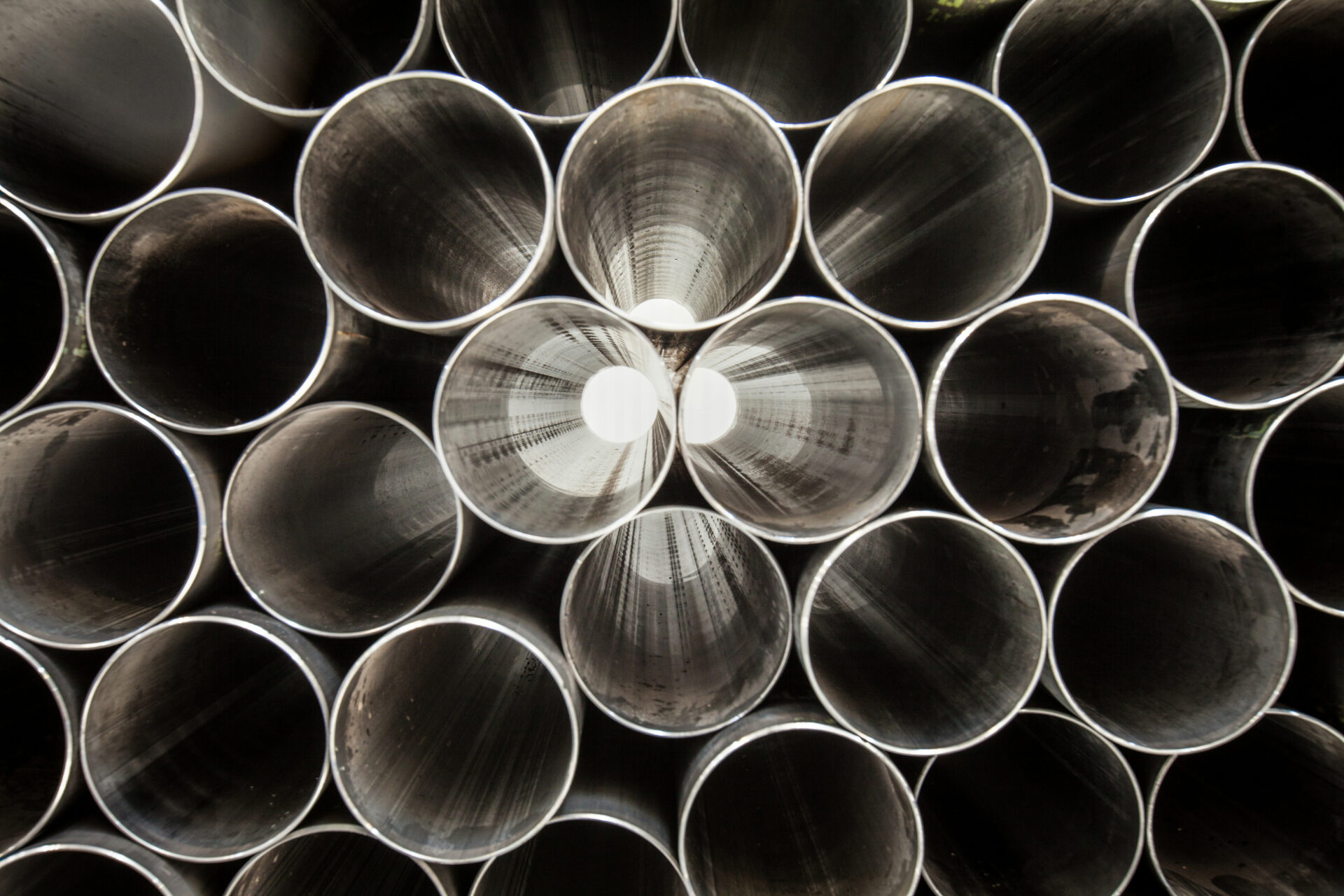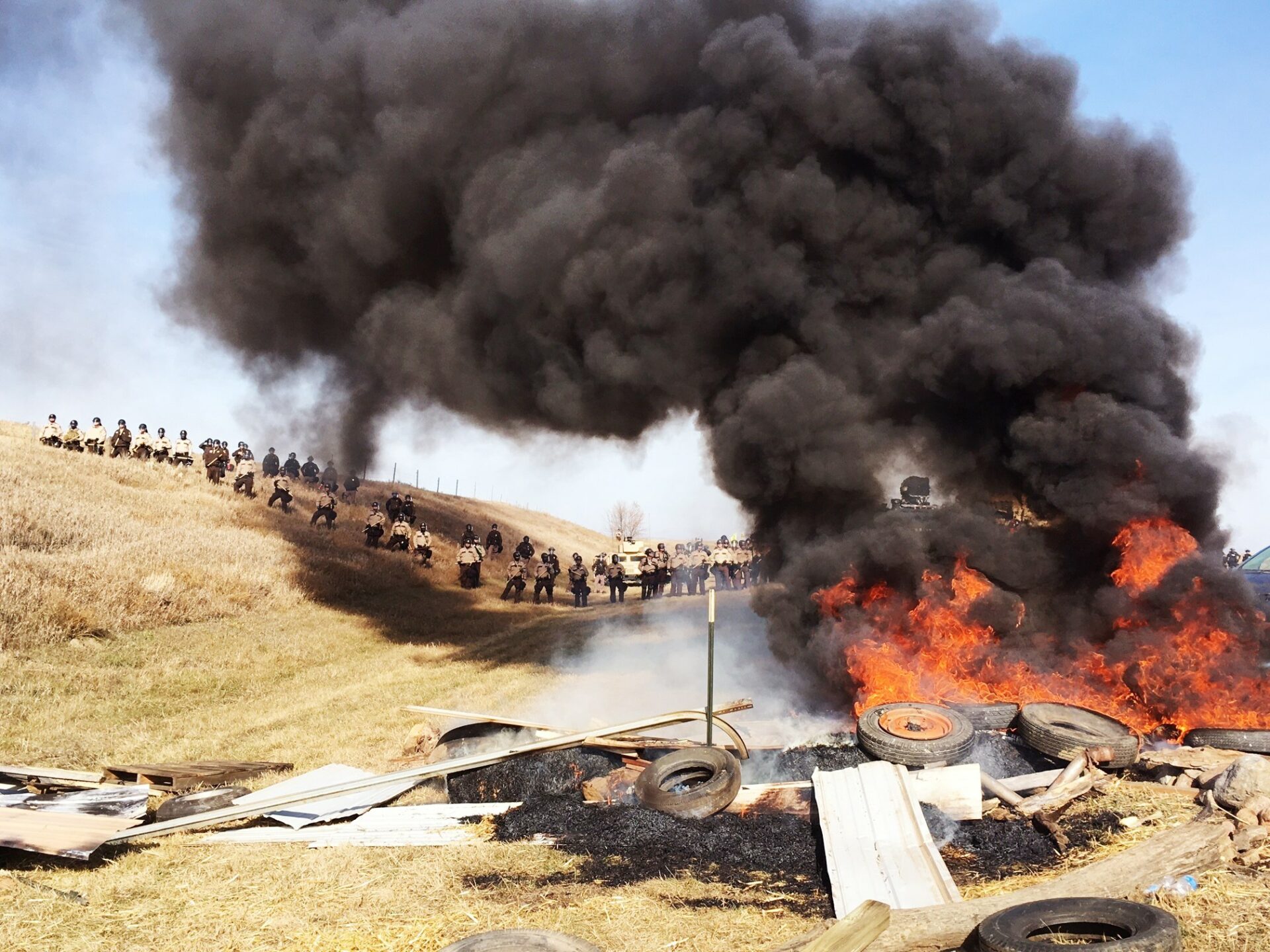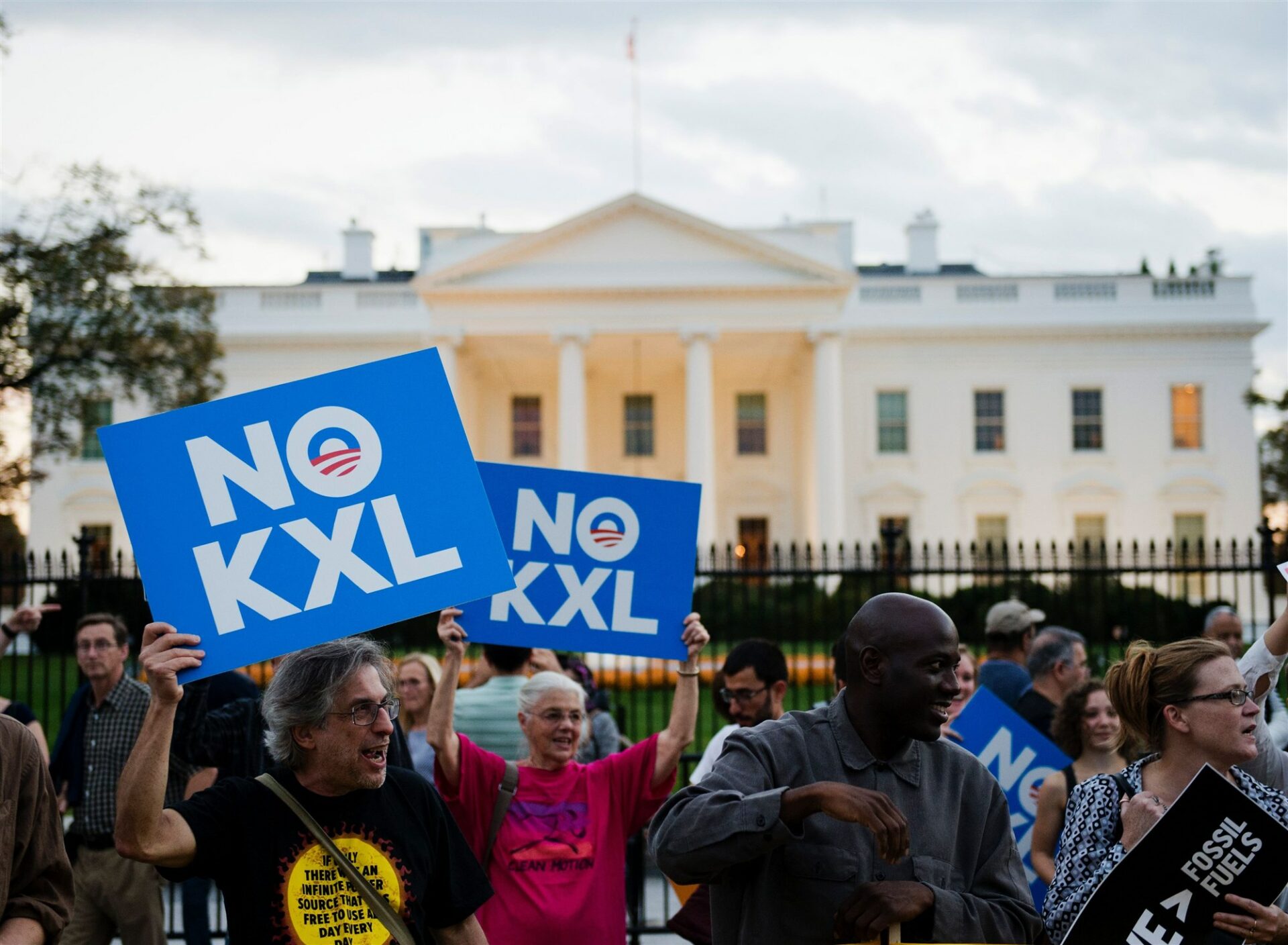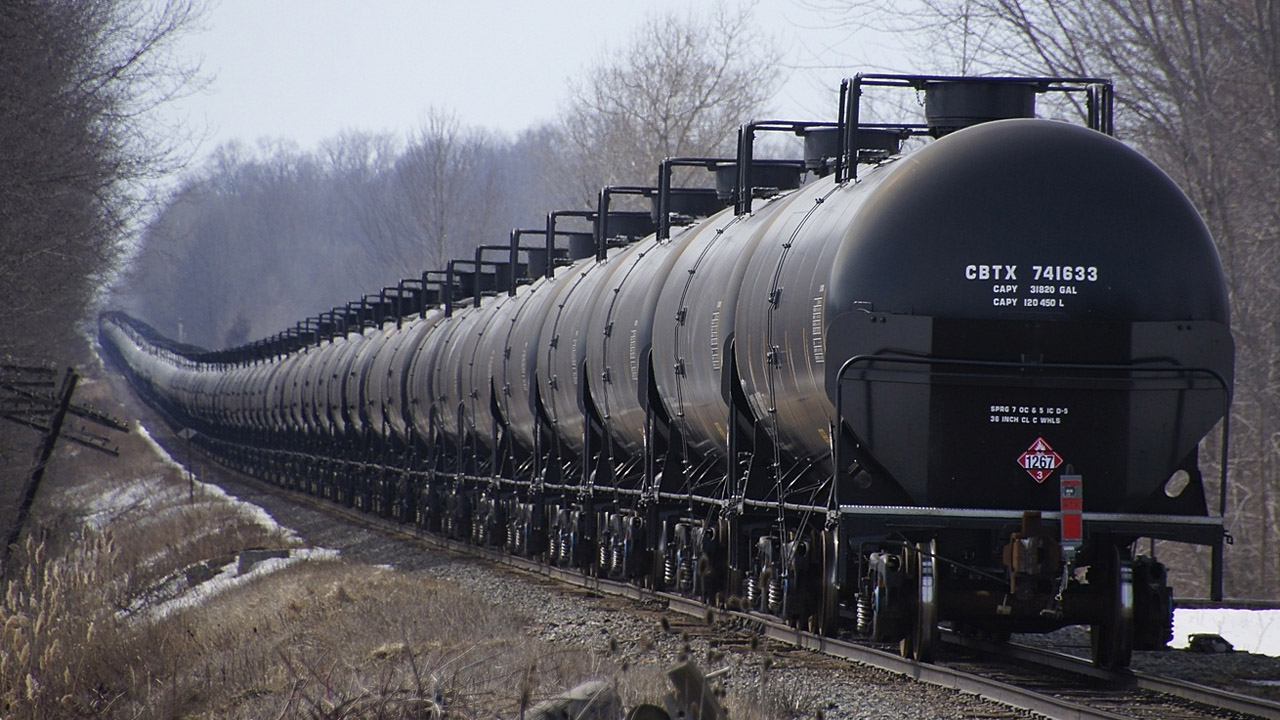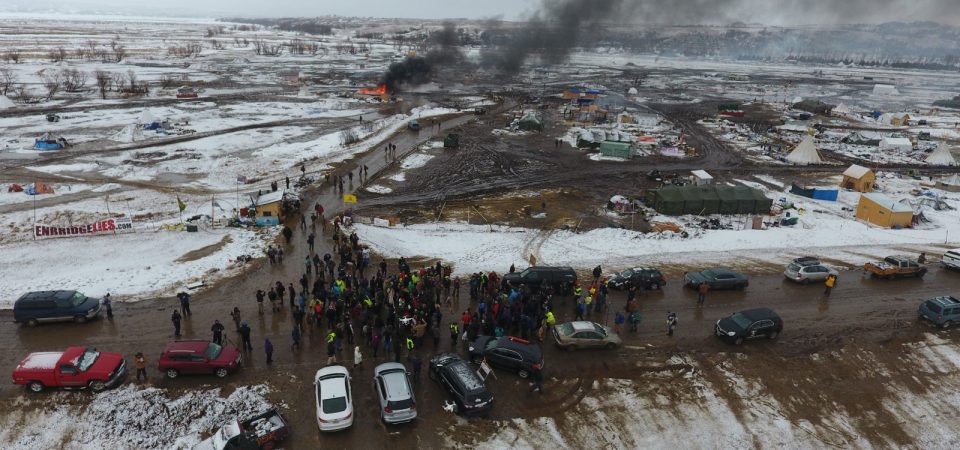CLAIM: A representative from the National Resources Defense Council told ABC News that the Keystone XL pipeline threatens “our land, our drinking water and our communities.”
RATING: False
FACT CHECK
The U.S. Department of Transportation’s Pipeline and Hazardous Materials Administration notes that pipelines provide “safe movement of extraordinary quantities of energy products to industry and consumers,” while also noting pipelines are “one of the safest and least costly ways to transport energy products.”
The DOT also provides the following facts about pipelines:
- The nation has more than 2.6 million miles of pipelines,
- These pipelines deliver trillions of cubic feet

